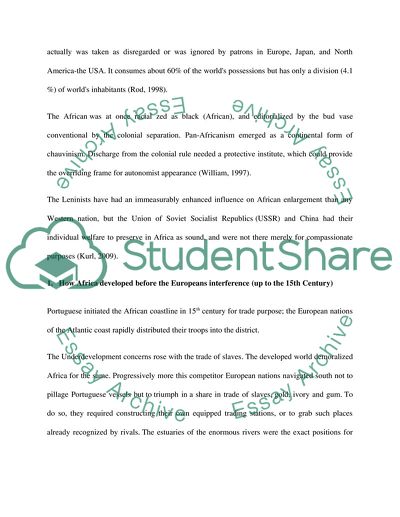Cite this document
(Third World Class - How Europe Underdeveloped Africa Research Paper, n.d.)
Third World Class - How Europe Underdeveloped Africa Research Paper. Retrieved from https://studentshare.org/history/1732862-third-world-class-how-europe-underdeveloped-africa
Third World Class - How Europe Underdeveloped Africa Research Paper. Retrieved from https://studentshare.org/history/1732862-third-world-class-how-europe-underdeveloped-africa
(Third World Class - How Europe Underdeveloped Africa Research Paper)
Third World Class - How Europe Underdeveloped Africa Research Paper. https://studentshare.org/history/1732862-third-world-class-how-europe-underdeveloped-africa.
Third World Class - How Europe Underdeveloped Africa Research Paper. https://studentshare.org/history/1732862-third-world-class-how-europe-underdeveloped-africa.
“Third World Class - How Europe Underdeveloped Africa Research Paper”, n.d. https://studentshare.org/history/1732862-third-world-class-how-europe-underdeveloped-africa.


